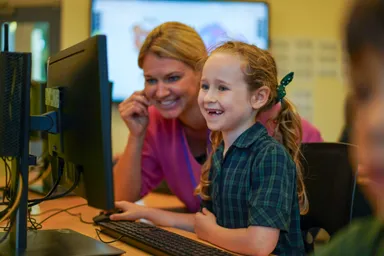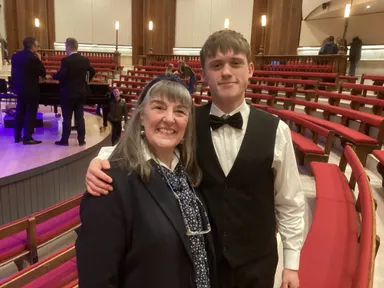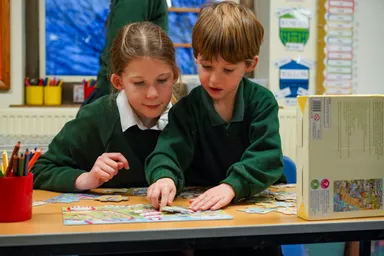21 February 2017
Great Pastoral Care
Press Article….Welfare in Plain English as featured in Independent School Parent magazine – Prep and Nursery edition – Spring term 2017- out 27th January
Fiona Womersley is the Headmaster’s wife, a key member of the Pastoral team and the Designated Safeguarding Lead at Beaudesert Park School in the Cotswolds
Fiona Womersley explains the nuts and bolts of what great pastoral care actually means – and how parents can spot the signs when choosing a school.
“One thing’s for sure – happy children thrive. Get the happy bit right and the rest will slot into place. Easier said than done. But school life is a big part of a child’s life, and a sound approach to pupil welfare can go a long way towards helping children feel valued, heard and supported in general. It can also help them feel an important part of something and nurture an understanding of how to treat others and expect to be treated – all things which help children become more confident and feel more engaged. As a consequence they are more likely to move through life with a good education under their belts, the ability to form healthy relationships, and the resilience to cope with the inevitable ups and downs that life throws at them.
Weaving welfare through the fabric of school life
To be effective, pastoral care can’t simply be an ‘add on’, or something that falls under the PSHE umbrella. It needs to colour every part of school life – from relationships with staff, to school lunches, physical activity and discipline.
Here at Beaudesert there are five of us in the core pastoral team, but we rely on staff right across the whole school to flag up any concerns. It could be that a music teacher notices a child has withdrawn from the lessons they used to love, or a form teacher notes some disruptive behaviour. What’s important is that something has changed – because we know that a change in behaviour can be a sign that a child isn’t happy.
Spotting changes in behaviour
That 360°approach only works if a school knows its pupils well enough to spot the behavioural changes when they happen. Here at Beaudesert, small class sizes help. So does our approach to making teacher: pupil relationships multi-layered. For example one of our geography teachers might also coach sport and facilitate weekly skateboarding trips.
In addition to weekly pastoral meetings involving all teaching staff, matrons and sisters, our core pastoral team of five has a welfare and safeguarding meeting once a week. This is where we discuss, agree and document next steps. These can range from a discussion with parents to a possible referral to the school counsellor or simply an agreement to keep a watching brief for now.
Annual pupil wellbeing survey
One tool which is proving helpful is our annual anonymous online wellbeing survey for pupils in Years 4 to 8. The questions help a child who feels at all anxious or unhappy here, pinpoint where in the school that happens, and at what point during the day. The answers help us spot any shifts and patterns across the years, and can also lift the lid on things such as the parts of the school where children tend to feel most – or least at ease.


